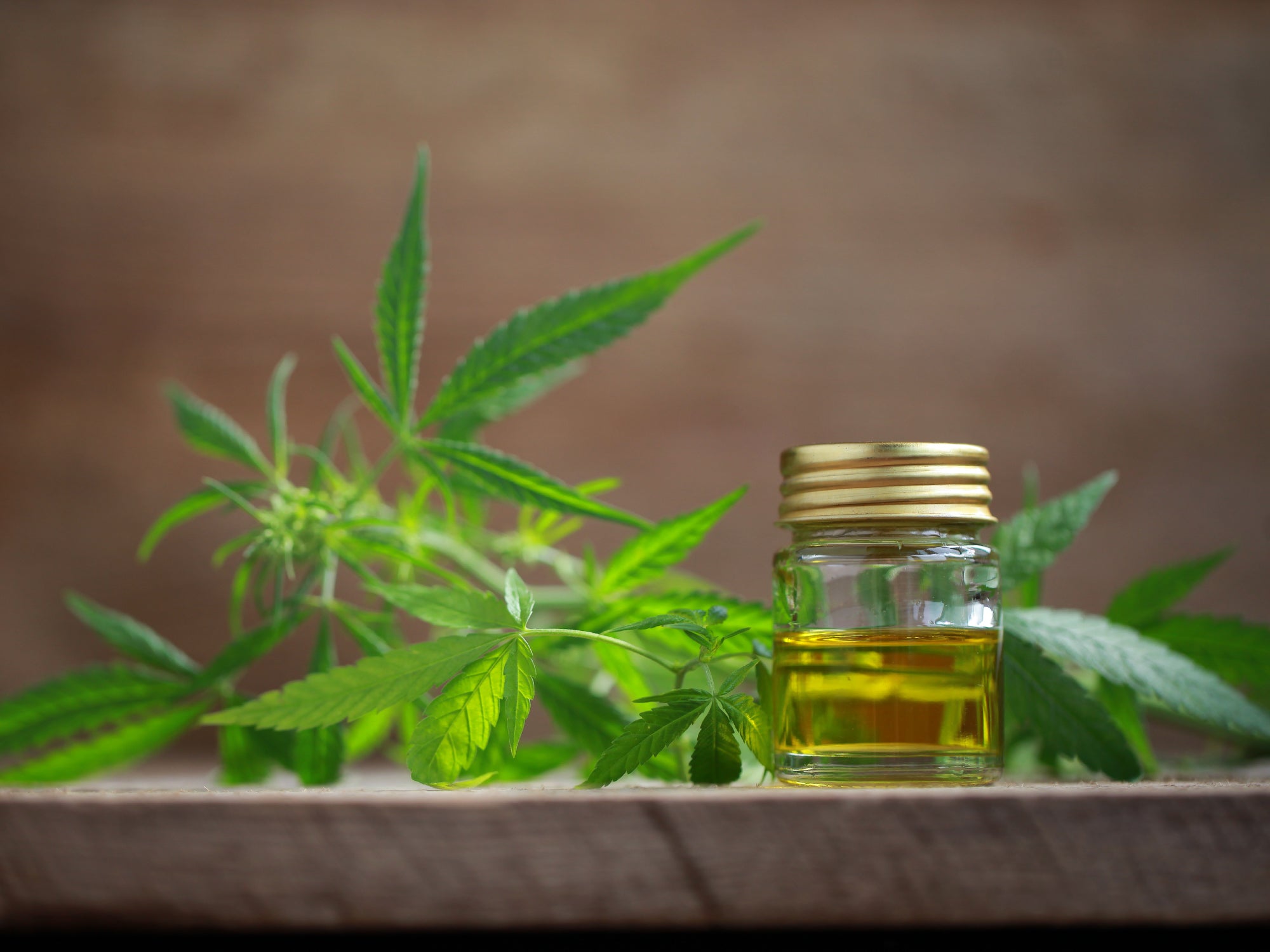If you’ve been diagnosed with acne rosacea (aka papulopustular rosacea), your dermatologist is likely to have offered you various medications, mostly topical but occasionally oral, to manage the condition. But is there anything natural you can use instead or alongside this medication?
You can certainly use natural treatments alongside traditional medication for mild acne rosacea, especially if you’re seeing it in terms of a life-style change to avoid triggering flare-ups and keep your skin in the best condition to resist outbreaks, rather than a band aid to soothe symptoms or a way to suppress inflammation after it’s already happened.
So what sort of natural treatments are there? We can divide them up into four categories: things you put on your skin, things you can do at home and out and about, and what you put into your body to help it resist the inflammation that causes typical acne rosacea rashes.
Topical
Choose skincare that will nourish and balance your skin, without blocking pores or causing it to react. That means avoiding scented, highly synthetic cosmetics and sticking to ultra-gentle ranges. Try skincare made from the following gentle but powerful natural ingredients:
- Hemp seed oil
- Shea butter
- Safflower oil
- Calendula oil
- Rosehip
- Chamomile
- Sea buckthorn oil
- Green tea
- Lavender
- Tea tree oil - but always diluted in a carrier oil or in a product!
Lifestyle
Stress is one of the most common and problematic triggers for acne rosacea; finding ways to manage it is as important to managing your skin as using topical treatments.
Natural treatments for stress include things like:
- Meditation
- Mindfulness
- Gentle physical activity
- Immersive craft activities, such as knitting, sewing, colouring-in, drawing
- Swimming
- Keeping a diary or tracking your moods/flares on an app
Environmental
Making changes to your environment can help manage your flares or reduce the risk of being triggered. Here are some things you can try:
- Regulate your temperature with ice towels, neck fans, cold compresses
- Keep a fan by your desk
- Try a humidifier in your house to keep the air moist
- Wear a hat when outside
- Keep out of the sun entirely
- Gentle, non-sweat-inducing exercise such as yoga rather than jogging
- Keep bedding ultra-clean: change your pillowcase every other day to reduce aggravation from skin mites
Dietary
Research indicates the possible role of a gut-skin connection in rosacea, so what you eat is definitely part of a natural treatment regime for managing your condition. You’re aiming for a nutritious, anti-inflammatory diet, which will boost your health and reduce triggering flares, and which is particularly focused on promoting a healthy gut microbiome. Try to make sure you’re getting plenty of the following:
- Fibre-rich food such as leafy vegetables,
- Probiotic supplements and food such as yogurt, kefir, miso, kimchi, and sauerkraut
- Anti-inflammatory foods: turmeric, green tea, berries, fish, avocado, olive oil, dark chocolate
- Omega-3 fats from seeds, nuts, oily fish etc.
For more information about what can provoke flares of acne rosacea, see our article Top 6 Triggers of Acne Rosacea.
Recommended products:
Balmonds Scalp Oil with tea tree, nettle, borage & rosemary (£14.99 for 50ml): apply as a topical rescue oil, dabbing on spots as required.
Balmonds Daily Moisturising Cream with shea butter, calendula and hemp (from £13.99 for 100ml): a nourishing but non-comedogenic daily moisturiser, for use anywhere on the body, face and hands.
Balmonds Intensive Facial Oil with rosehip, calendula, lavender & chamomile (£22 for 30ml): a rich, regenerative oil to help balance and restore sensitive skin.

